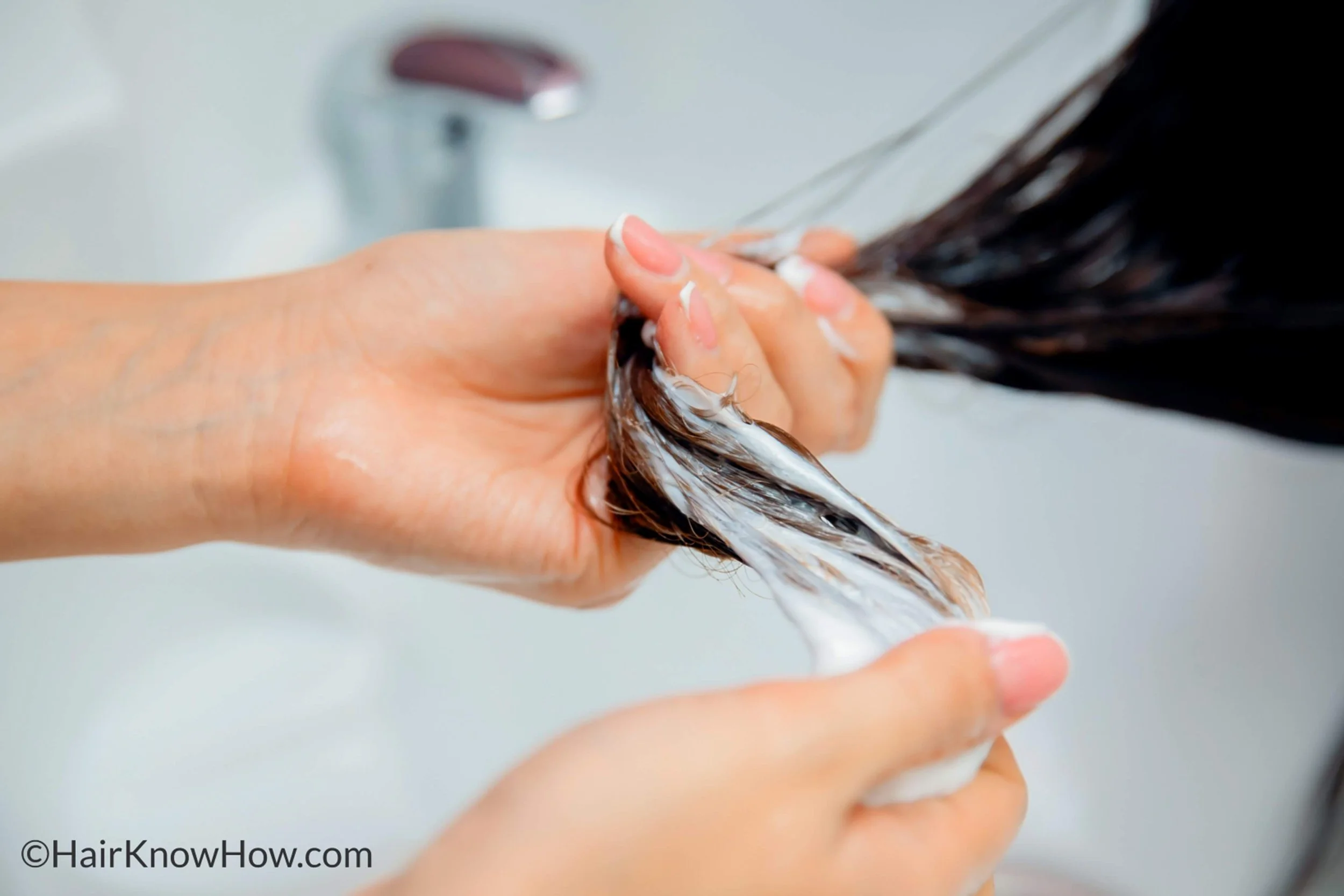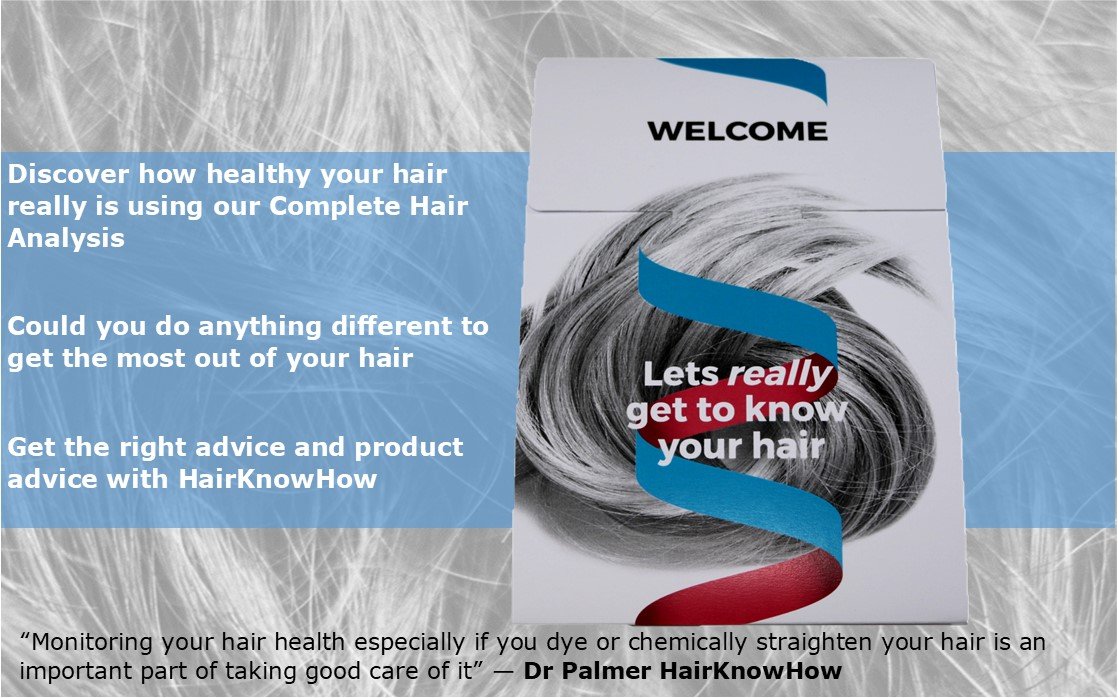Updated January 2023 By Dr Jonathan Palmer
Are All Conditioners The Same?
Are All Conditioners the Same? A blog post on how conditioners can change your everyday routine.
We all use conditioner, but are we using the right kind? In this blog post, we'll explore the different types of conditioners and how they can change your everyday routine. There are four main types of conditioners: daily, leave-in, deep, and hot oil. Each one serves a different purpose, so it's important to choose the right one for your needs. Conditioner is an important part of keeping your hair healthy and hydrated. It's also a great way to add shine and manageability to your hair. So, if you're not using conditioner regularly, you should start!
What is conditioner?
Conditioner is a hair care product that is used to improve the feel and appearance of hair. Conditioners can be used on all types of hair, including dry, damaged, and colour-treated hair. Conditioner is typically applied after shampooing and rinsed out before styling.
There are many different types of conditioner available on the market, ranging from deep conditioners to leave-in conditioners. Deep conditioners are usually used once or twice a week and are left on the hair for several minutes before being rinsed out. Leave-in conditioners are usually lighter in consistency and can be left in the hair to help detangle and protect it from damage.
The different types of conditioners
Not all conditioners are created equal. In fact, there are four different types of conditioners:
1. Rinse-out conditioners are designed to be used after shampooing and rinsed out. They help to detangle hair, add shine, and leave hair feeling soft and silky.
2. Leave-in conditioners are meant to be applied after shampooing and not rinsed out. They help to protect hair from heat damage, add moisture and can be used as a styling aid.
3. Deep conditioners are intense treatments that are meant to be used once or twice a week. They help to reduce damage, add moisture, and leave hair feeling soft and healthy.
4. Mask treatments are also intense treatments that are meant to be used once or twice a week. They help to reduce damage, add moisture, and leave hair looking shiny and feeling silky smooth.
How to use conditioner properly
Conditioner is an essential part of your hair care routine, but it's often overlooked because they need to know what conditioners are for and their importance in caring for your hair. Many people think all conditioners are the same, but that's not true! Some conditioners contain one or more hair oils which have different properties. Many contain silicones, with pH ranging from mildly acidic to neutral pH. Some ingredients are relatively consistent across the different conditioners and brands, but many conditioners specialise in specific hair needs and alter their formulations accordingly. Conditioners can make a big difference in your everyday routine.
Here are a few tips on how to use conditioner properly:
- Wet your hair before applying conditioner. This will help the conditioner to penetrate your hair and work its magic!
- Apply conditioner to your ends first. This is where your hair needs it the most. But apply all over to condition the full length of your fibres.
- Rinse thoroughly. Make sure to rinse out all of the conditioner so that your hair doesn't look greasy or feel heavy.
What are the benefits of using conditioner?
Conditioner is more than just a product that you use to make your hair smell nice. It can actually change your everyday routine and improve the condition of your hair. Here are some benefits of using conditioner:
- Conditioner can help to detangle your hair, making it easier to style.
- Conditioner can help to add shine and softness to your hair.
- Conditioner can help to protect your hair from heat damage, environmental factors such as pollution, brushing and general grooming and styling damage.
- Conditioner can help to prevent split ends and make your hair appear healthier overall.
How often should you use conditioner?
If you have dry hair, you should use conditioner every time you shampoo. If you have oily hair, you may only need to use it once or twice a week. If your hair is somewhere in between, you can experiment to find the right balance for you. Just be sure to rinse it out well so that your hair doesn't end up looking greasy.
The best type of conditioner for your hair type
If you have dry hair, you might want to try a deep conditioner. There are also conditioners specifically for colored hair, curly hair, and straight hair. Some conditioners can even help with dandruff.
You should read the labels on the conditioners to see what they are best for before you buy them. Experiment with different types of conditioners until you find one that works well for your hair type.
How to make your own homemade conditioner
When it comes to conditioners, there are a lot of different options on the market. But what if you want to make your own homemade conditioner? Here's how:
Ingredients:
1 cup of water
1/4 cup of apple cider vinegar (this is because most conditioners are slightly acidic (pH3.5 to pH5.5)
1/4 cup of honey
A few drops of coconut oil (or argan oil if you have some)
1/2 a banana
Instructions:
1. Mix all of the ingredients together in a bowl until they're well combined.
2. Pour the mixture into a clean, empty bottle.
3. To use, apply the conditioner to wet hair after shampooing and leave it on for a few minutes before rinsing it off.
4. Store your conditioner in the fridge for up to a week.
Conclusion
Conditioner is often seen as a one-size-fits-all product, but that couldn't be further from the truth. The right conditioner can completely change your everyday hair routine, making it easier to style and manage your locks. With so many different types of conditioners on the market, it can be tricky to know which one is right for you. But don't worry, we're here to help. Check out our guide to the best shampoos for every hair type or try one of our analysis services and we’ll recommend the right one for your hair type and hair condition. Find the perfect match for your mane.






